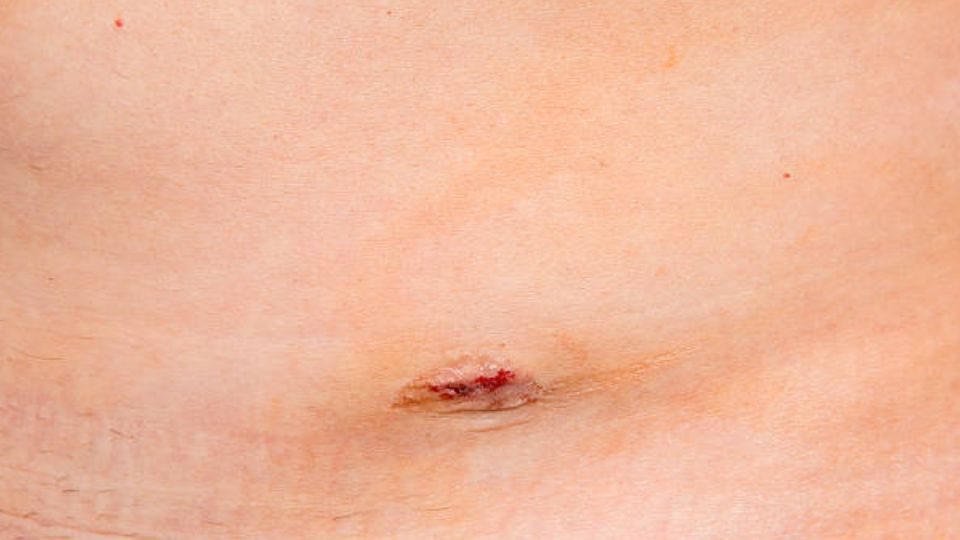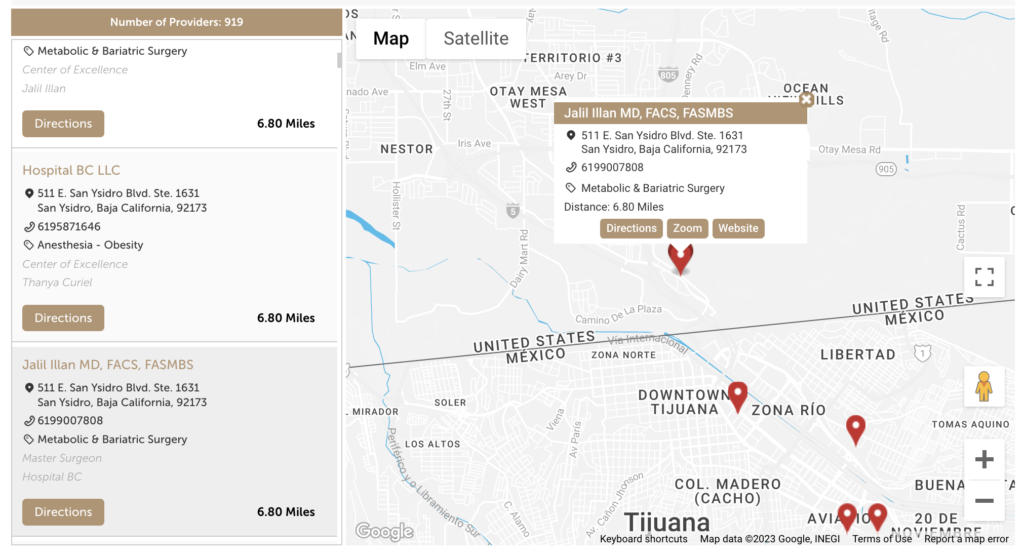Bariatric surgeries help many people to achieve their weight loss goals and lead healthier lives. A gastric sleeve or a gastric bypass surgery is an effective procedure and requires great care and attention after the surgery.
For faster recovery, it is essential to take good care of your health, take proper medications, and follow your doctor’s instructions.
Read more: Medications To Avoid After Gastric Sleeve Surgery.
Incision care after bariatric surgery helps in the healing process and reduces risks of infection. We will explain the importance of proper incision care, what to expect in terms of healing and recovery time, and the types of incision dressing after bariatric surgery.
Types of Incisions
Bariatric surgery incisions come in two main varieties: laparoscopic and open. Laparoscopic incisions are made with a thin tube containing a tiny camera inserted through minor cuts in the abdomen to perform the procedure.
Open incision surgeries involve one large cut in the abdomen to access the stomach and other organs. These incisions may be horizontal, vertical, or L-shaped, depending on the procedure.
Why Should You Care for Your Incisions After Surgery?
The incisions made during bariatric surgery are the gateway to better health, but they must also be taken care of to ensure proper healing. Here are some reasons why you should take extra care of your incisions after bariatric surgery:
• To Prevent Infection –
There is always a risk of infection after any surgical procedure. By taking good care of your incisions and following all post-operative instructions from your doctor, you can reduce the chances of developing an infection at the site of the incision.
• To Avoid Complications –
Properly taking care of your incisions will help to reduce the risk of complications such as seromas, hematomas, and dehiscence (when the edges of a surgical wound come apart).
• To Promote Healing –
Caring for your incisions properly after bariatric surgery can help promote healing and reduce the time it takes for your incisions to close up.
• To Reduce Scarring –
Taking care of your incisions can also help to minimize scarring at the site of the wound.
Tips To Follow for Faster Healing of Incisions
1. Clean your incision daily with mild soap and warm water. Also, it is essential to ensure that no dirt or bacteria accumulate near the area, as this can lead to infection.
2. Wear loose-fitting clothing to avoid putting pressure on the incision site. This pressure can prevent proper healing and delay the recovery process.
3. Keep your incision covered when you go out in the sun or cold weather, as these elements can slow down the healing process.
4. Avoid activities that can cause strain or pressure on the incision site, such as lifting heavy objects or engaging in strenuous exercise.
5. Follow the instructions provided by your surgeon regarding medications and supplements. These can help to reduce swelling, inflammation, and pain at the incision site.
6. If you experience any redness, discomfort, or drainage from the incision site, contact your doctor immediately, as this may be a sign of infection.
Contact Dr. Jalil for the best gastric sleeve in Mexico. Our experienced team of bariatric surgeons closely monitors healing during and after the procedure.






